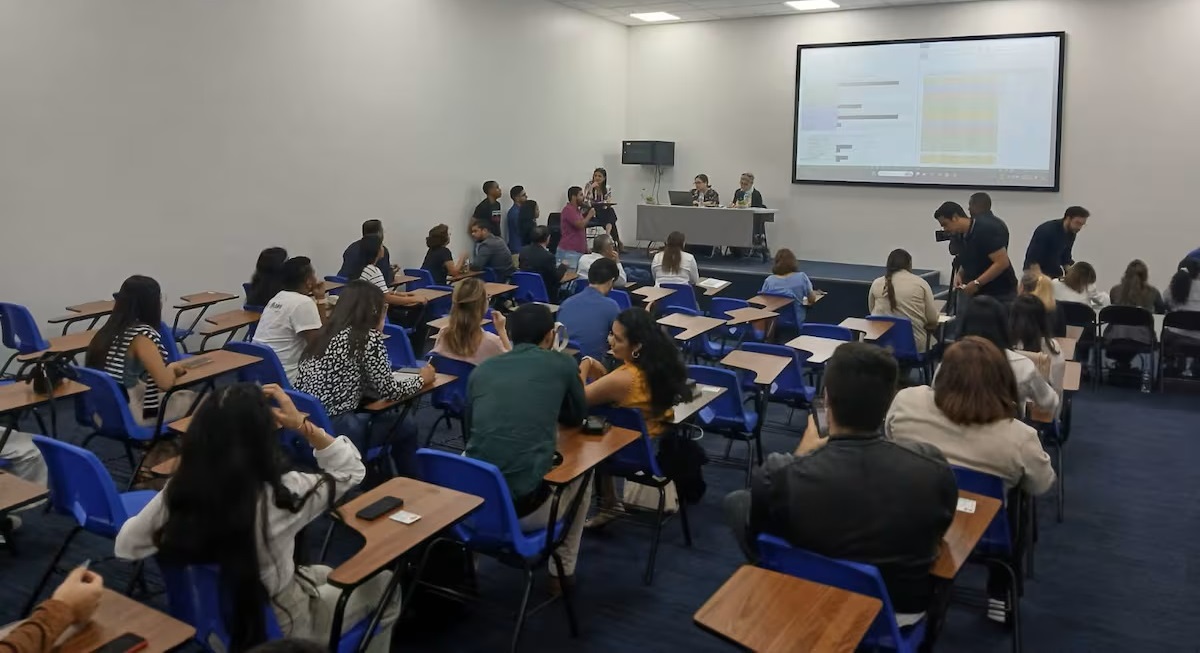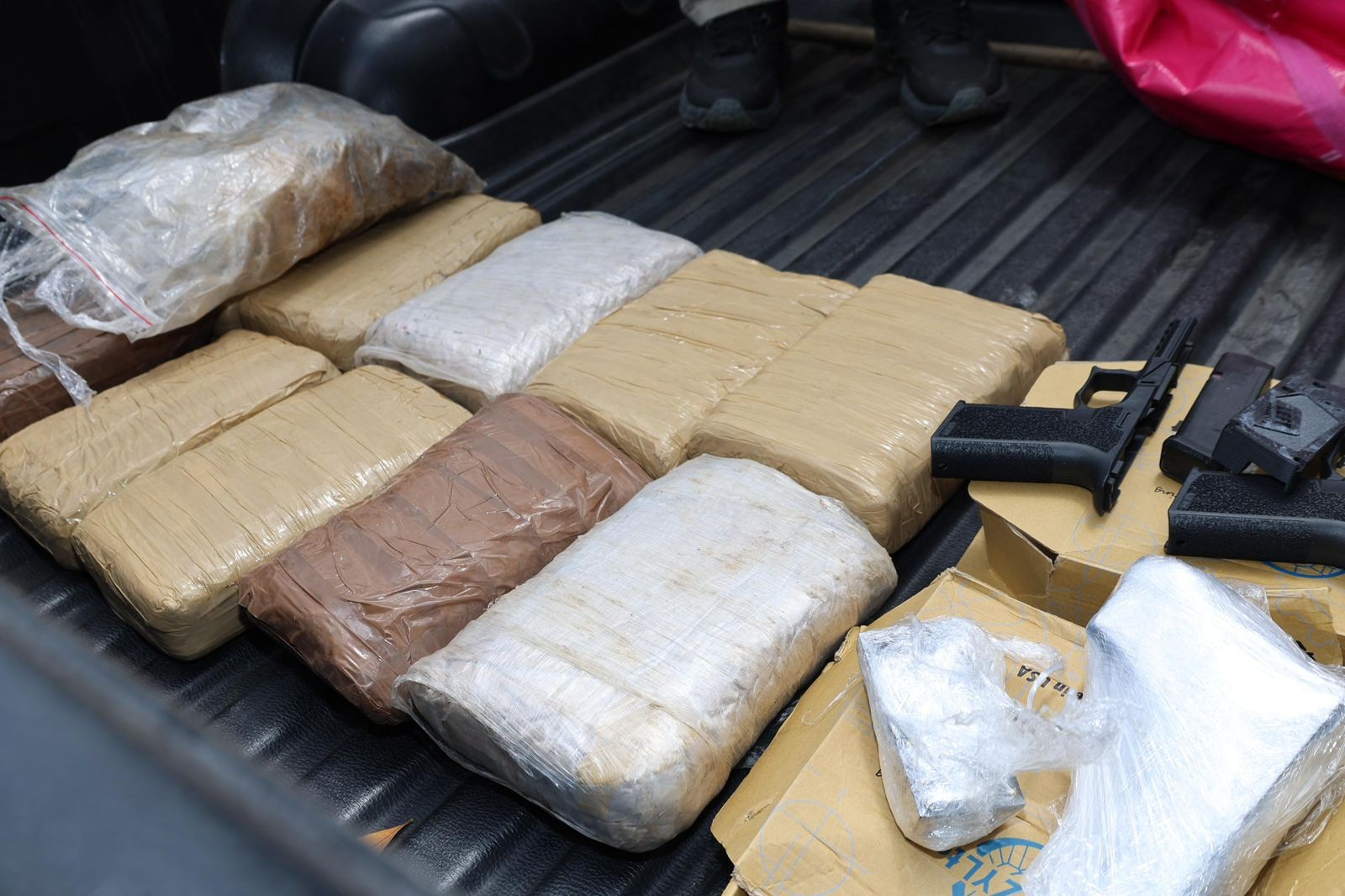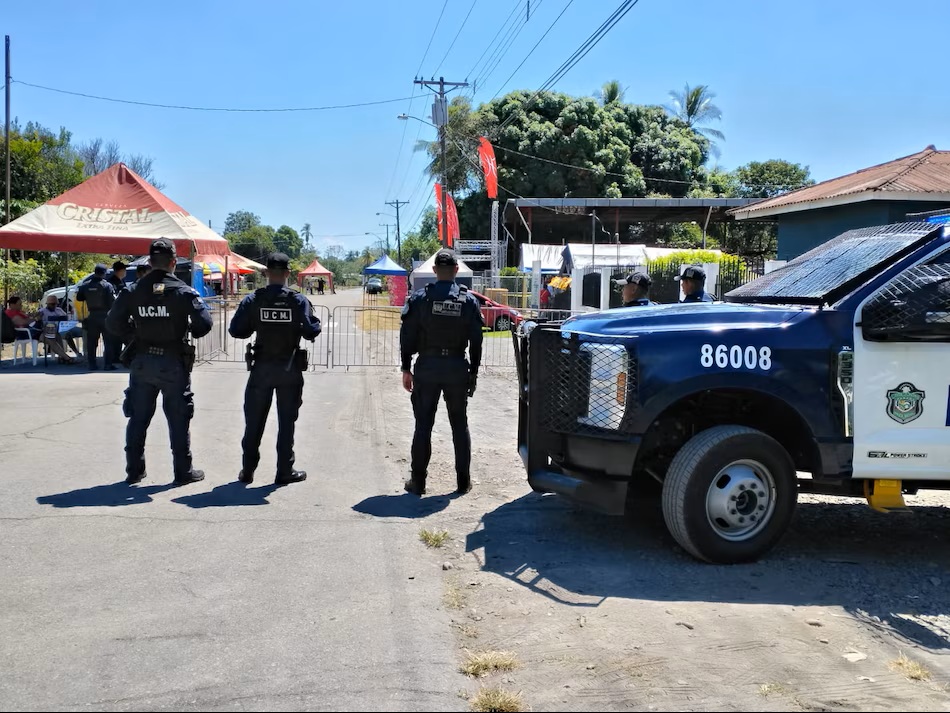The Fight of Medical Interns in Panama Working Without Pay
The reality is that the medical training system in Panama faces critical challenges due to the growing number of graduates and the limited availability of places for internships and specialties.

Since 2021, newly graduated doctors who are doing their internships at the facilities of the Social Security Fund (CSS) and the Ministry of Health (Minsa) have faced a worrying reality: many have not received the payments corresponding to their bonuses and extra shifts. This not only hinders their economic stability, but also adds an additional burden to the already demanding medical training process. Such is the case of Juan David Vincensini, a CSS intern in the province of Chiriquí, who decided to investigate the situation of his colleagues throughout the country.
Vincensini led a survey in which 900 intern doctors participated, the results of which revealed alarming figures: the CSS owes approximately 3,667 appointments, equivalent to $435,640, while the Minsa owes about 1,456 appointments, totaling $157,233. In addition, the CSS has 648 outstanding bonuses, valued at $324,000, and the Minsa owes 367 bonuses, which represents $178,500. The survey form collected detailed information about the participants’ training and administrative unit, the start date of their internship, and their payment status. The findings were stark: doctors who started their internship in April 2022 or even earlier have not yet received their payments. Some of these professionals have already completed their residency or are working as general practitioners, with the debts still unpaid.
Concerned about the magnitude of the problem, Vincensini shared the results of the survey with Paulino Vigil De Gracia, National Director of Teaching and Research at CSS, as well as Minsa authorities, in the hope of making the situation visible and generating pressure for a prompt solution. “Each extra shift we work involves mandatory work days of between 16 and 24 hours, with a net value of $118.80 in the CSS. Not receiving this payment affects not only our economic stability, but also our physical and emotional well-being,” explained Vincensini. In addition, she highlighted that the most worried colleagues are those who started their internship in November and December, who have not yet signed a contract with the CSS, which aggravates the uncertainty. The impact of this situation is not limited to medical interns, but also affects the quality of care received by patients. The lack of payment creates an environment of dissatisfaction and demotivation among professionals, who must cope with exhausting shifts without the financial compensation they deserve.
For Vincensini and her colleagues, the struggle is not over. They continue to demand better working conditions and timely payment of the payments stipulated by the regulations. The situation also highlights the need for structural reforms in the medical training system in Panama. A more efficient and transparent system is required to guarantee the well-being of doctors in training, who play a crucial role in the country’s health care. As the situation remains unresolved, medical interns are faced with a harsh reality: in addition to the challenges inherent to their training, they must deal with job insecurity and a lack of institutional support. However, their determination to improve the conditions of the health system persists. “We are still here, doing our job with passion and dedication, but we need the authorities to do their part,” Vincensini concluded.
Procedures to Resolve
The delay in payments to various beneficiaries, which has been accumulating since 2021, could come to an end this month, according to recent statements by Vigil to this media outlet. The official explained that the necessary procedures are being carried out to resolve this situation. Vigil de Gracia, National Director of Teaching and Research at CSS, said that each executing unit is responsible for carrying out these procedures, but admitted that they were not managed in a timely manner, which led to the accumulation of debts in recent years. “What is certain is that this payment was not processed in a timely manner, and that is why there is a delay,” he said. The reality is that the medical training system in Panama faces critical challenges due to the growing number of graduates and the limited availability of places for internships and specialties.
Every year, more than 800 doctors graduate from different medical schools, and this number is projected to exceed 1,000 in the near future. However, both the CSS and the Minsa offer a limited number of places for these doctors to complete their internship, which generates intense competition. Many recent graduates are left out because they do not achieve the required score in the entrance exams, which further aggravates the situation. This was specified by Vigil de Gracia, who recently explained that the medical schools of private universities do not have a limit on the admission of students, unlike the University of Panama, which has led to the figure of 800 graduates being exceeded annually. Previously, the maximum number of graduates from abroad was 150 per year. He said that, in 2024, the health system has accepted 730 inmates and there are 220 waiting, that is, a total of 950 in one year. The National Director of Teaching and Research indicated that, although more places are being opened because the budget is available, another problem arises: the hospital and teaching capacity to receive the doctors who graduate during their training during the internship. Medical interns in Panama have faced delays in bonus and appointment payments since 2021, with an accumulated debt of more than one million dollars. Authorities say they will resolve the situation this month.





